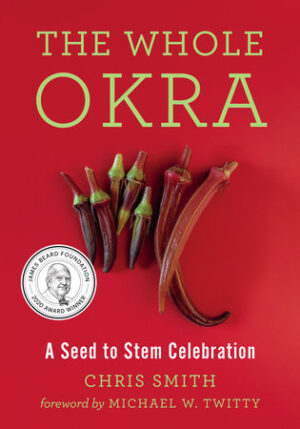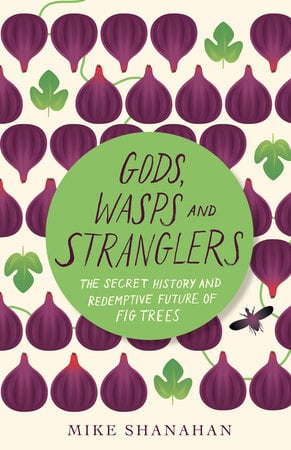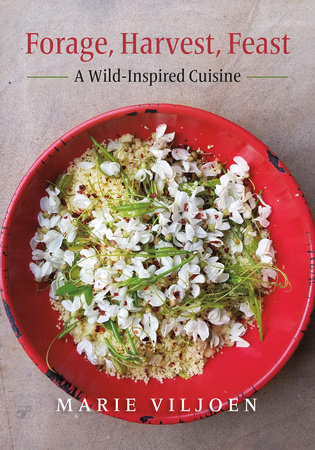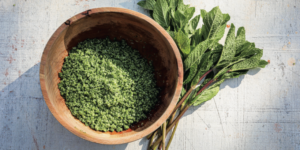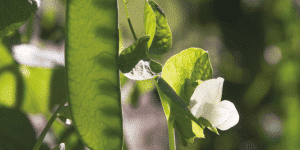A Guide to Okra: Ok-RAH-RAH-RAH!
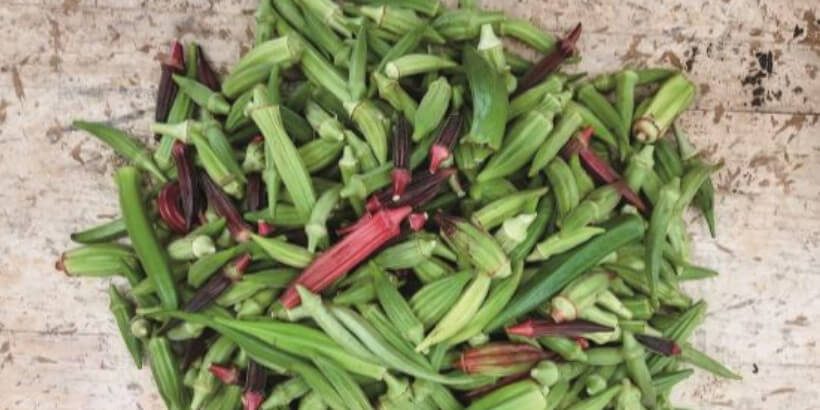
Expert okra enthusiast Chris Smith writes regularly for The Heirloom Gardener, the Mother Earth News blog, and the Farmers’ Almanac blog. His presentations on the versatility of okra have delighted audiences at food and farming festivals and fairs throughout the Southeast. He is the Communications Manager for Sow True Seed in Asheville, North Carolina, and serves on the boards of The People’s Seed and Slow Food Asheville. A native of the UK, Smith has a master’s degree in creative writing from the University of Manchester. His short stories have been published in Nashville Review, Mid-American Review, and The Manchester Review.
The following is an excerpt from The Whole Okra by Chris Smith. It has been adapted for the web.
A good friend of mine who leads wild food walks is fond of describing the forest as a big party, and he likens wild food identification to meeting new people at that party. Now, if I were at a party, I would never walk up to someone and say, “Hi, my name’s Chris, how best can I use you?” I’d want to get to know the person, I’d ask some interesting questions, and we’d have a conversation. The same is true of plants, and okra is one plant I’ve met (in the garden, not the woods) that I really liked.
I grew up in a world void of okra (Southport, England), but I found myself inexplicably wanting to meet it again and again. I had so many questions. As a self-educated botanist, I love the history and the taxonomy and the botany of food crops; I am concerned about climate issues and our continuing ability to feed ourselves healthy and nutritious food. I’m a homesteader and a seed saver and I love stories. As a white British guy, I am fully aware that okra is not a part of my culture or heritage.
While okra is grown and enjoyed around the globe, my experiences with it are in the American South, and so I must always remember and honor all the terrible things that happened to allow okra’s presence and my eventual connection with it. I must remember and honor the incredible influence of African Americans on our food culture, and okra is just a small part of it.
 I am not King Okra, I am okra’s humble servant, and as the stars align I find myself stumbling upon discovery after discovery, story after story, variety after variety, use after use, of this completely amazing crop called okra, gumbo, bhindi, lady’s fingers, and ochro.
I am not King Okra, I am okra’s humble servant, and as the stars align I find myself stumbling upon discovery after discovery, story after story, variety after variety, use after use, of this completely amazing crop called okra, gumbo, bhindi, lady’s fingers, and ochro.
Okra lays claim to nutritional and medicinal qualities that remain uncelebrated. It has a panoply of culinary traditions all over the world. Okra is easy to grow and highly productive. But it’s the multiple culinary uses of a single crop that really appeals to me. Okra is abounding in food. I’m a permaculturist at heart, and I love it when I find secondary, tertiary, and quaternary yields from the things I grow: Radish seedpods are spicy and yummy, corn silks are medicinal, broccoli stems are great peeled and roasted.
When it comes to multiple yields from single crops, I put okra on a pedestal and say to all the other vegetables, “Look at the wondrous Okra, you could really learn something.” With okra, you can eat the pods, the leaves, the flowers, and the seeds.
And we’re not just talking famine food; we’re talking superfood.
The plant is packed with vitamins and minerals and phytonutrients.
Recommended Reads
Recent Articles
Searching for a new way to utilize seasonings? Look no further than mint salt! This game-changer is bound to mix up the way you season meals in the future.
Read MoreWhen you save seeds, you become a plant breeder! Take control of your seeds and grow the best traditional and regional varieties and even develop your own.
Read MoreFire Cider is great for stimulating digestion and warming you up from the inside out, no matter the season. This beverage can be prepared in water or tea as desired.
Read MoreEmbracing the tradition of saving seeds is a powerful practice for both home gardeners and seasoned horticulturists alike.
Read MoreLooking to add another recipe to your fermenting repertoire? Try your hand at Kvass. Bonus: it is the perfect entry-level project. This nourishing beverage calls for just a few simple ingredients and only takes a couple of days to ferment.
Read More

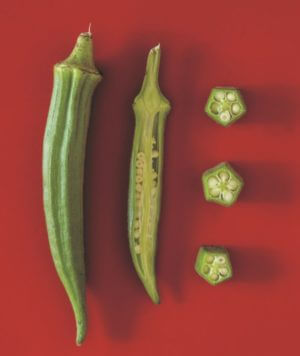 I am not King Okra, I am okra’s humble servant, and as the stars align I find myself stumbling upon discovery after discovery, story after story, variety after variety, use after use, of this completely amazing crop called okra, gumbo, bhindi, lady’s fingers, and ochro.
I am not King Okra, I am okra’s humble servant, and as the stars align I find myself stumbling upon discovery after discovery, story after story, variety after variety, use after use, of this completely amazing crop called okra, gumbo, bhindi, lady’s fingers, and ochro.